Bill that could have added more county commissioners to Pueblo dies on House floor
When the Colorado Constitution was amended in 1902 to allow counties with over 70,000 residents to have up to five county commissioners, just one county in the state met that threshold.
In the past 120 years, as the state’s population has grown tenfold, some counties have expanded the size of their governments. But others, including Pueblo County, are still represented by just three commissioners.
A bill to expand county commissions in larger counties and include some district-specific seats died on second reading in the Colorado House of Representatives Friday morning.
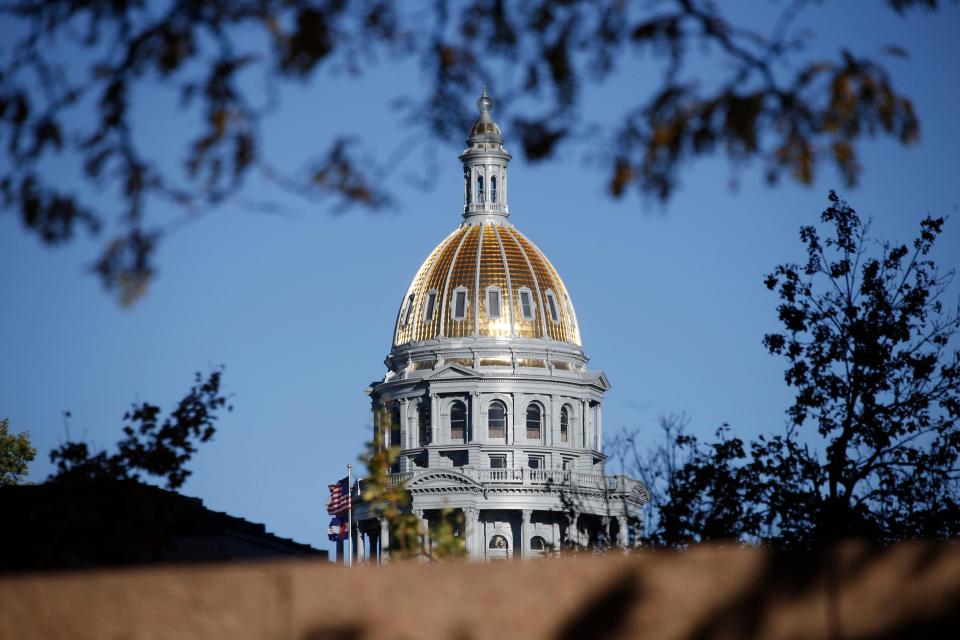
The bill’s sponsor, Rep. Bob Marshall of Highlands Ranch, said that the bill would lead to “better representation” in Colorado local governments, ensuring that political minorities and diverse geographic areas are equally represented on county commissions.
But some county commissioners, including two of the three leading Pueblo County, argued that the bill would be an “unfunded mandate” and that local communities should decide for themselves.
This bill would have affected Pueblo County under the first draft of the bill. Boulder, Douglas, Jefferson, Larimer and Mesa counties would have also expanded to five commissioners.
Sponsor ‘surprised’ by bill’s demise
Marshall introduced this bill because of what he’s noticed from living in Highlands Ranch, the largest unincorporated town in the state. Highlands Ranch is in Douglas County, but the community’s needs aren’t adequately represented by the three county commissioners, Marshall told the Chieftain.
Marshall said that county governments are some of the most powerful governments in Colorado. Two commissioners on a three-person body have ample power to pass budgets in the hundreds of millions of dollars and craft local zoning regulations.
Some commissioners are required to live in specific districts but are elected by all county voters. That at-large voting leads to issues that Marshall has noticed in Douglas County and has been historically linked with suppressing racial minorities.
A similar bill died in committee last year on a 5-5 vote, but Marshall reintroduced it this year with a few changes. For example, under the new version of the bill, counties would've had until January 2032 to take action.
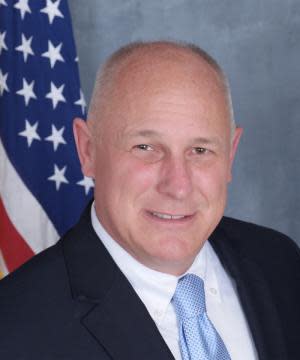
Marshall also introduced an amendment on the House floor Friday to increase the threshold to 250,000 inhabitants, which would’ve effectively excluded Pueblo and Mesa counties from the bill. But that amendment was defeated.
Marshall told the Chieftain in a text message after the vote that he was “surprised” the bill was killed, especially after another amendment passed to lower the threshold of local petition signatures to place this question on the ballot. “Very disturbing,” he wrote.
He said he would consider re-introducing the bill again, “but the powers that be certainly do not want any change despite how well known these at-large elections discriminate against minority groups.”
“Colleague said it was the s---tiest thing they’d seen in six years. Killed the commissioner bill on the floor (in) seconds. No honor in politics I know,” Marshall said, adding that he saw another representative “clapping when it went down.”
How did Pueblo’s legislators vote?
The votes Friday morning were taken as a head count, so it is currently unclear how specific legislators voted.
Rep. Ty Winter, the GOP assistant minority leader, lives near Trinidad and his district represents parts of Pueblo County. Winter told the Chieftain in a text message Thursday that he was a “no” on the legislation because individual communities should make that decision.
“If (constituents) feel that commissioners need to be added they could tell their commissioners to put it on the ballot and let the voters decide,” Winter said.
It’s unclear how either of Pueblo’s Democratic representatives felt about this legislation.
Reps. Tisha Mauro and Matt Martinez did not respond to multiple requests for comment from the Chieftain about the legislation on Thursday or Friday.

Before the legislation died in the House, Pueblo’s state Sen. Nick Hinrichsen, a Democrat, told the Chieftain in a text message Thursday that he was “inclined to support it.”
“The larger a jurisdiction becomes, the more diverse the needs become,” Hinrichsen said, adding that communities throughout Pueblo County often have slightly differing needs.
“I think having representation by district allows elected officials to focus their efforts on the unique needs of that community, and that’s a good thing,” Hinrichsen said.
The bill received some bipartisan support — and backlash — during the committee vote on Feb. 26.
Rep. Judy Amabile, a Democrat representing parts of directly affected Boulder County, voted no on the bill. On the other hand, Rep. Ken DeGraff, a Republican from El Paso County, voted to approve the bill.
What Pueblo County commissioners thought
Pueblo County Commissioners Epimenio “Eppie” Griego and Zach Swearingen testified against the bill at its first appearance in late February. They argued that the bill would be expensive to implement and was emblematic of an “unfunded mandate” from the state legislature.
“This approach not only challenges the autonomy of local communities, but also sets a concerning precedent for the state’s interference in local governance,” Griego said.
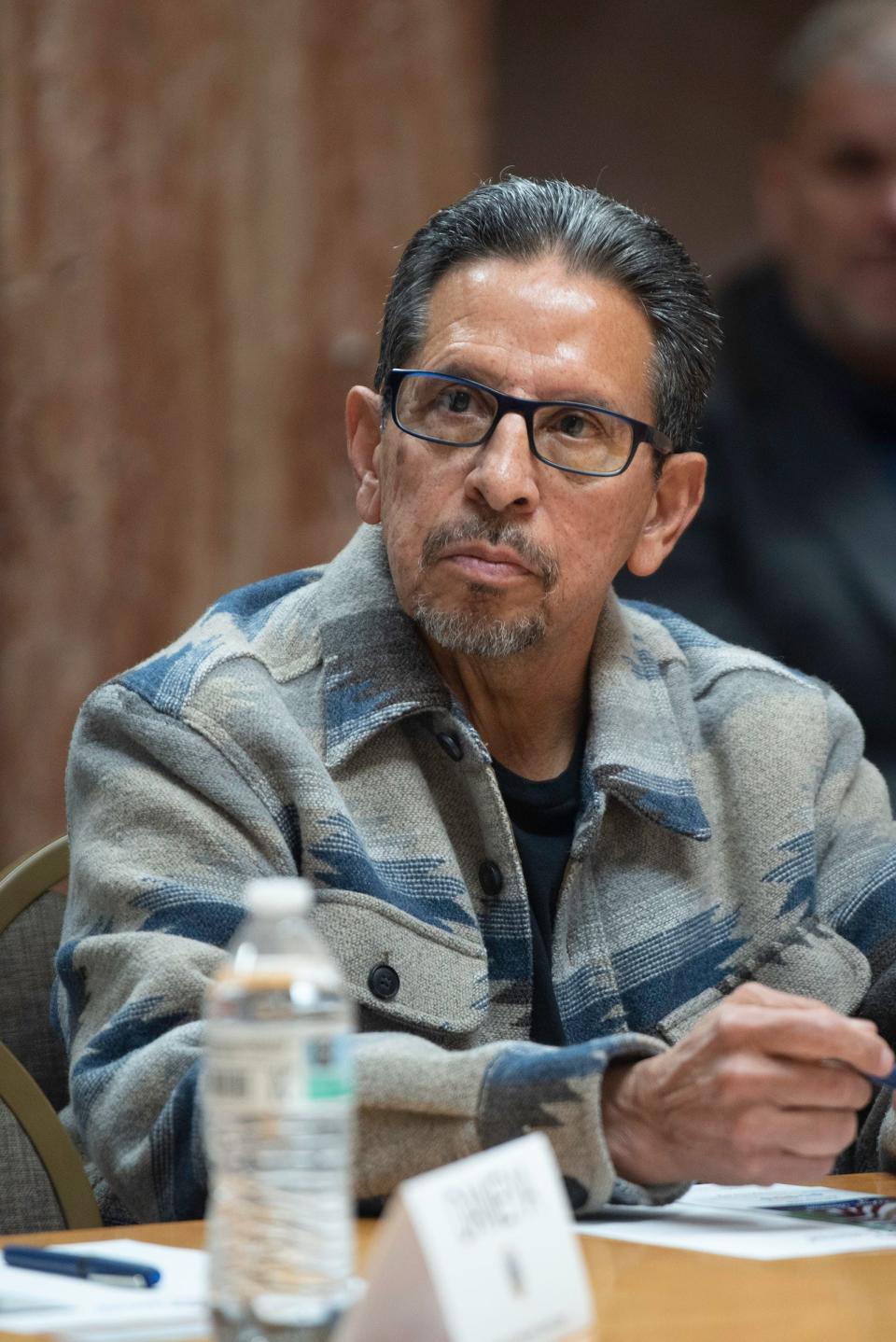
Commissioner Daneya Esgar previously voted against a county resolution to oppose the bill. Esgar told the Chieftain before the bill was defeated that she hadn’t made a final decision about the legislation but felt expanding the size of the BOCC could be a good idea.
Since the Pueblo BOCC is so small, commissioners need to communicate via county officials and aren’t supposed to speak one-on-one to adhere to sunshine laws, Esgar said. Adding additional commissioners could allow them to “get more work done” since they would be able to directly collaborate.
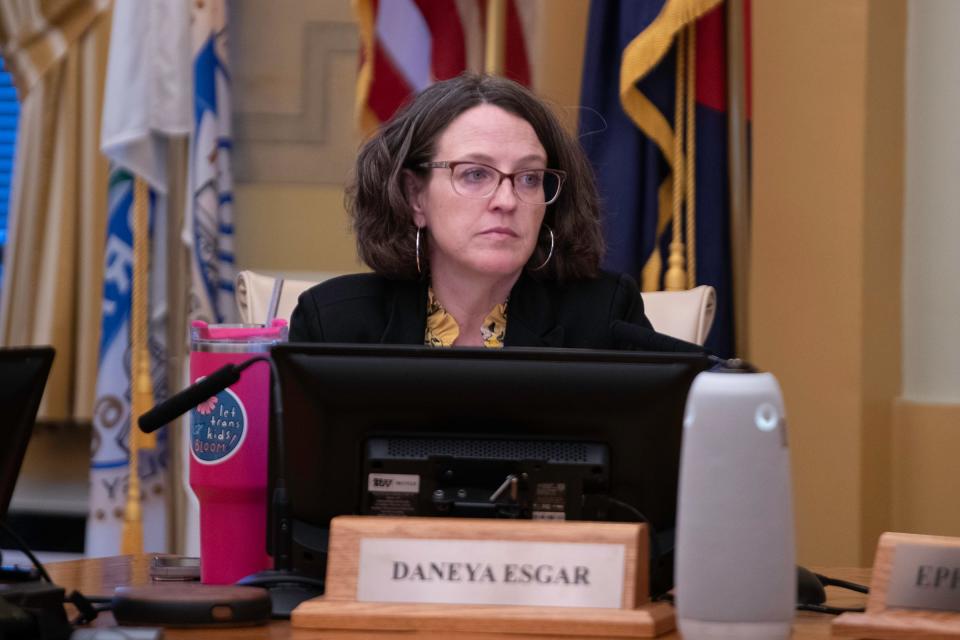
Swearingen told the Chieftain Friday after the bill’s demise that he was “happy it failed,” partially because the bill could have cost the county an extra half-million dollars per year if passed.
He said that he has not heard any “high demand” for expanding the BOCC in Pueblo but could support referring the question to voters if constituents show interest.
“If there’s demand to do so, then yeah, I’m all for it,” Swearingen said.
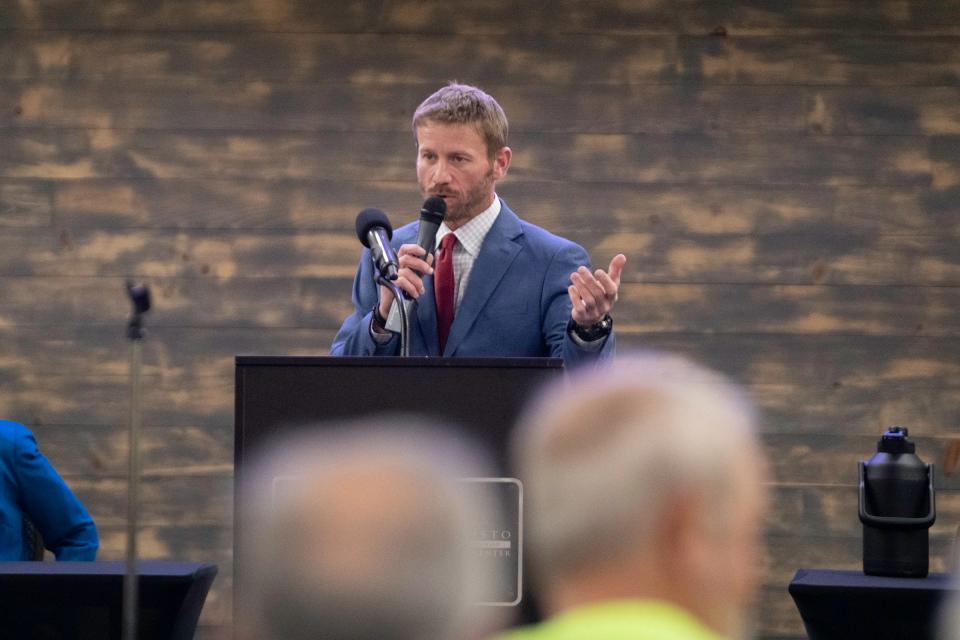
Esgar and Griego did not respond to requests for comment Friday.
Anna Lynn Winfrey covers politics for the Pueblo Chieftain. She can be reached at awinfrey@gannett.com. Please support local news at subscribe.chieftain.com.
This article originally appeared on The Pueblo Chieftain: Bill to expand county commissioners dies in Colorado House

